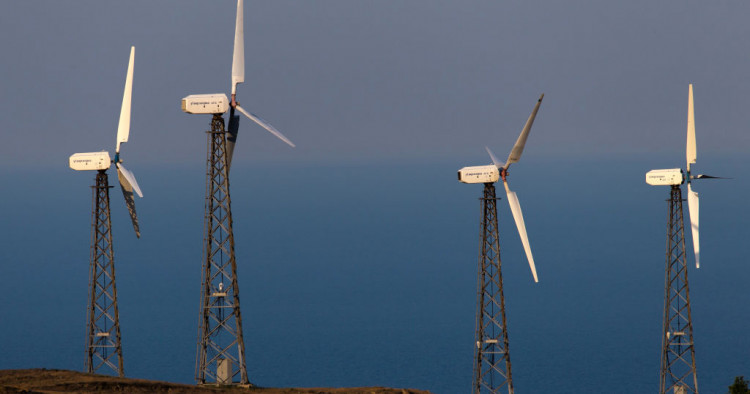The aim of COP21 in Paris was to establish global consensus and a binding agreement for climate change mitigation. And it did so, setting a goal to limit global warming to “well below 2 degrees Celsius” compared to preindustrial levels while pursuing efforts to stay even within the 1.5 degrees Celsius threshold.
Unfortunately, progress over the last five years has not been nearly enough to reach COP21 targets. As COVID-19 has demonstrated, the idea of global effort can be aspirational. While nations focus on their own recovery plans, regional and global cooperation in mitigating the impact of climate change might, at least in the short term, be hindered. Nevertheless, the vaccination roll-out has showed that coordination in reaching an important global goal is possible, even if the costs are high. This raises the hope that conditions can be created to address other global challenges, like climate change.
In this report, Andrei Covatariu explores energy transition and climate change mitigation in the Black Sea - a complex region at a geopolitical and economic crossroads where nations are working toward different climate targets, whether binding or not.
Andrei Covatariu is a fellow with MEI's Frontier Europe Initiative a senior research associate at the Energy Policy Group in Bucharest. The views expressed in this report are his own.
Photo by Sergei Malgavko\TASS via Getty Images
The Middle East Institute (MEI) is an independent, non-partisan, non-for-profit, educational organization. It does not engage in advocacy and its scholars’ opinions are their own. MEI welcomes financial donations, but retains sole editorial control over its work and its publications reflect only the authors’ views. For a listing of MEI donors, please click here.













